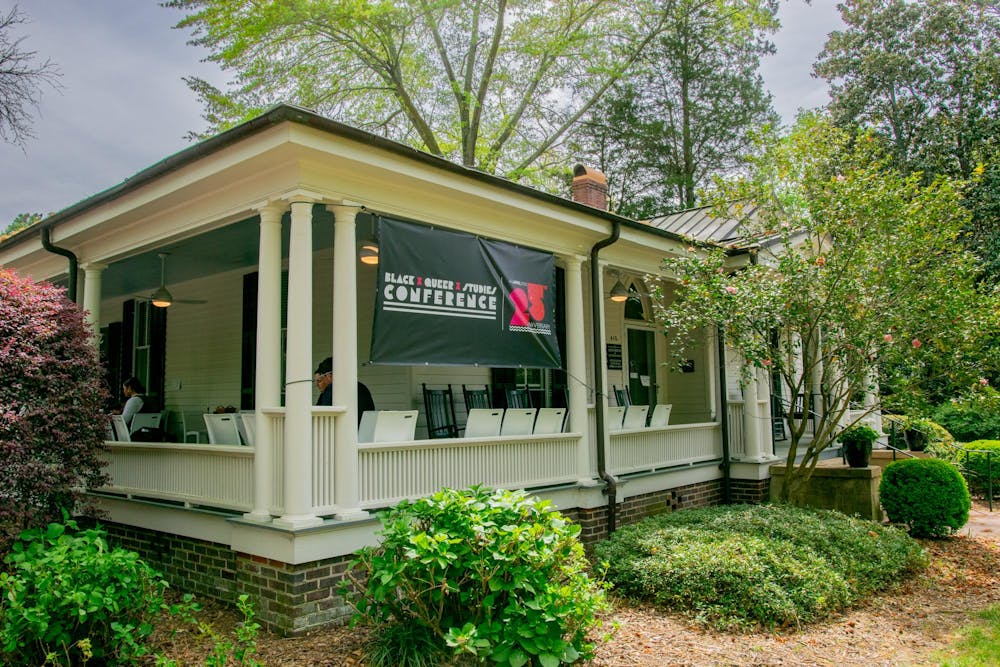25 years after the first Black Queer Studies Conference, over 250 academics, activists, artists and students gathered on UNC’s campus from Friday through Sunday to celebrate and continue its legacy with an anniversary conference.
“If you weren't here, you truly missed an event that was about love and freedom,” Kayla Corbin, the lead organizer of the conference and a doctoral student in the Communications Department, said.
The three-day conference featured eight panels ranging in topics from policy and pedagogy to sex and representation. Some of the over 30 panelists also participated in the first conference and other panelists were from younger generations. All of them focus on the intersections of Blackness and queerness in their work.
“I feel like Black queer studies is a testament to our resilience," Sharon Holland, a UNC professor and panelist at both conferences, said. “It is a testament to good thought and the importance of that thought.”

In addition to the panels, there were also performances on Saturday night, including “Strange Fruit,” written by E. Patrick Johnson, who organized the first Black Queer Studies Conference in 2000 when he was a Carolina Minority Postdoctoral Fellow at the University. Johnson is currently the dean of the School of Communication at Northwestern University.
Some ephemera from the first conference is currently on display in a curated exhibition of the history of Black queer studies titled, “We Have Always Been Here: An Imperfect History of Blackness and Queerness,” which will be open to the public at the Love House until April 28.
The conference culminated with a picnic at The Love House on Sunday. Corbin said it was a beautiful moment where people got to be out and enjoy music, food and one another's company.





